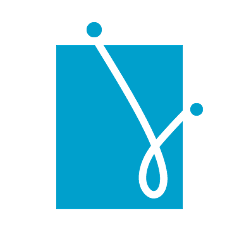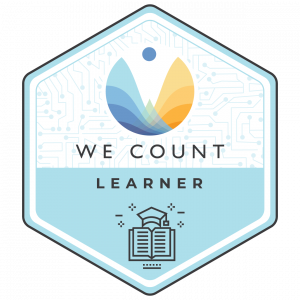Initiatives
Explore IDRC project activities
Accessible and Equitable Artificial Intelligence Systems Standard
IDRC prepared the draft standard for CAN-ASC-6.2:2025- Accessible and Equitable Artificial Intelligence Systems and Jutta Treviranus, IDRC Director, chaired the technical committee that developed the final standard.

Systèmes d’intelligence artificielle accessibles et équitables
La IDRC a préparé l’ébauche de la norme CAN-ASC-6.2:2025 – Systèmes d’intelligence artificielle accessibles et équitables, et Jutta Treviranus, directrice du CRDI, a présidé le comité technique qui a élaboré la norme finale.

Co-conception trois : Réimaginer les règlements sur l'accessibilité numérique
En novembre 2024, l'équipe chargée de la Réguler le domaine numérique (RlDN) a travaillé avec le comité consultatif en s'appuyant sur deux recherches en co-conception pour relever les défis du projet.
Co-Design Research Three: Re-imagining Digital Accessibility Regulations
In November 2024, the Regulating the Digital Domain (RtDD) team worked with the Advisory Panel building on co-design research two to address the project challenges.
We Count Project
We Count, a project of the Inclusive Design Research Centre at OCAD University, was created to address bias, discrimination and barriers to participation and employment for persons with disabilities within the field of data science and data-driven systems.
Co-conception deux : Obstacles à l'accessibilité et approches réglementaires pour les technologies numériques
Entre avril et mai 2024, l'équipe de la Réguler le domaine numérique (RlDN) a poursuivi son travail avec des co-chercheurs communautaires ayant une expérience vécue du handicap afin de relever les défis du projet.
Co-conception Un : le jeu de l'élaboration des normes
Entre janvier et février 2024, nous avons mené trois sessions de recherche en co-conception en collaboration avec une autre équipe du CRDI qui examinait le processus d'élaboration des normes afin d'identifier les domaines et les moyens d'améliorer l'inclusion des personnes handicapées et d'intégrer les points de vue des Canadiens handicapés dans le processus d'élaboration des normes.
Co-Design Research Two: Accessibility Barriers and Regulatory Approaches for Digital Technologies
Between April and May 2024, the RtDD team worked with other community co-researchers with lived experience of disability to address all six project challenges. The research approach used online synchronous and asynchronous activities.
Co-Design Research One: The Standards Development Game
Between January and February 2024, we conducted three co-design research sessions in collaboration with another IDRC team that was reviewing the standards development process to identify areas and ways to improve inclusion of people with disabilities to integrate the insights of Canadians with disabilities into the standards development process.
We Count Badges
We Count badges enabled people to showcase their proficiency in the growing fields of AI, data systems and inclusive data practices as well as other skills.
